
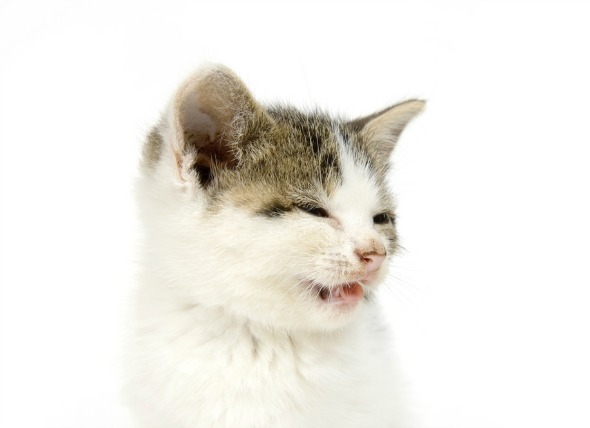
Sneezing refers to the normal reflexive behavior of expelling air to remove matter through the nasal cavity. Reverse sneezing, on the other hand, refers to the reflex of bringing air into the body to remove irritants in the upper area that lies behind the nose. A cat will reflexively gag to remove irritants from the its larynx; a behavior that is commonly misinterpreted as vomiting.
Sneezing is often accompanied by a sudden movement of the head downwards, with a closed mouth. The force of this action may cause the cat's nose to hit the ground. Reverse sneezing is often characterized by a backwards head motion, with a closed mouth and the lips sucking inward. Gagging usually causes the cat to swallow after extending its neck and opening its mouth.
Any breed of cat can be affected by these behavioral medical conditions. The most common causes for younger cats include infections, the existence of a cleft palate, or bronchial infections. Another primary cause is the involuntary movement of the hairlike cilia that line the respiratory tract and act to remove foreign matter from the air before it reaches the lungs. This involuntary movement of the hair is medically termed ciliary dyskinesis. The most common causes for older cats include nasal tumors and dental diseases. Other causes can be mucus irritation, inflammation, excess nasal dripping or secretion, pneumonia, chronic vomiting, and gastrointestinal disease. Under vaccinated or unvaccinated cats are at a higher risk of developing infections, which may lead to consistent sneezing. Chronic dental disease can also lead to both chronic sneezing and reverse sneezing. Mites found in the nasal cavities can also be a cause for any of these physical reflexes.
The first method of diagnosis will be for your veterinarian to distinguish between sneezing and reverse sneezing in your cat. Next, if the condition is serious, more in depth testing may be performed to see if there is a more serious underlying medical condition.
In most cases, if the mucus or foreign matter in the nasal passages is removed, these reflexes will stop. There are not any specific drugs that will stop these reflexes. However, if these reflexes are as a result of another medical condition, that particular medical condition can be treated. In many cases an antihistamine or a decongestant will work to reduce the involuntary reflexes in your cat.
Close contact with other animals should be avoided while your cat is being treated. For best results it is important to follow the entire course of treatment prescribed by your veterinarian.
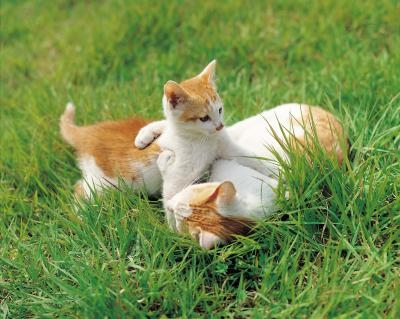 The Consequences of Feeding Wild Cats
The Consequences of Feeding Wild Cats
The Consequences of Feeding Wild Cats
The Consequences of Feeding Wild Cats
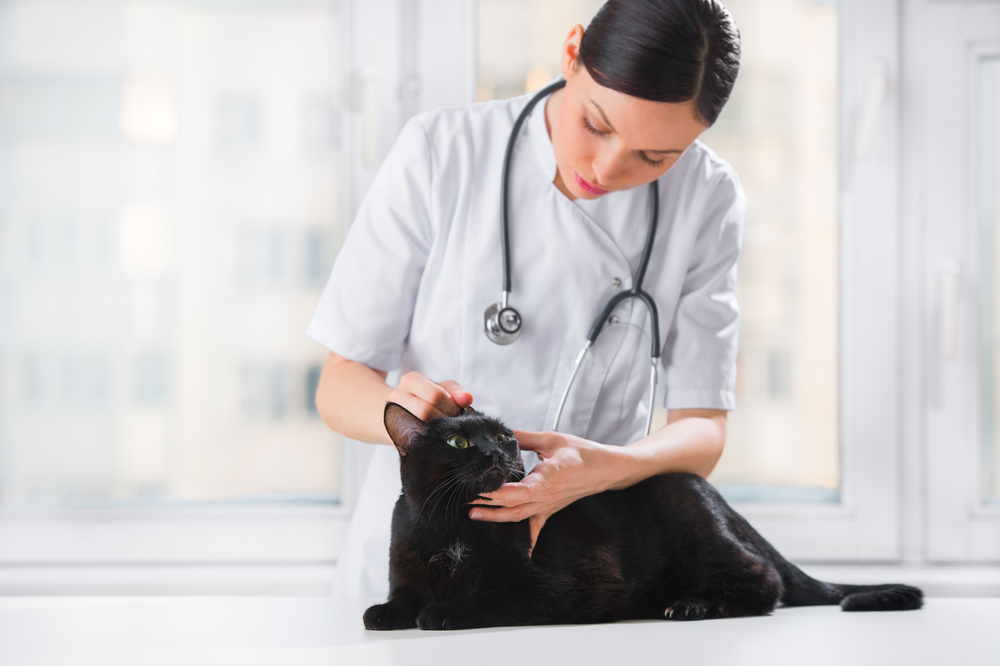 Diseases of the Skin on the Nose of the Cat
Nasal Dermatoses in Cats
Many diseases affect the
Diseases of the Skin on the Nose of the Cat
Nasal Dermatoses in Cats
Many diseases affect the
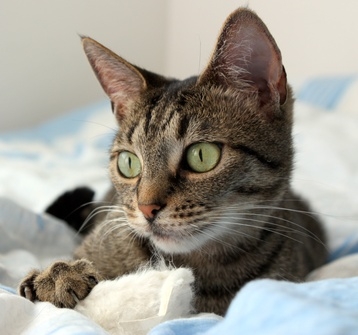 Why Do Cats Sit on Their Toys?
Why Do Cats Sit on Their Toys?
Why Do
Why Do Cats Sit on Their Toys?
Why Do Cats Sit on Their Toys?
Why Do
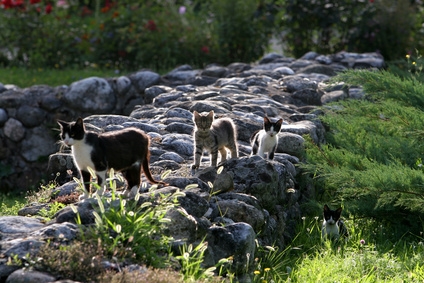 Garden Plants to Repel Cats
Garden Plants to Repel Cats
Garden Pla
Garden Plants to Repel Cats
Garden Plants to Repel Cats
Garden Pla
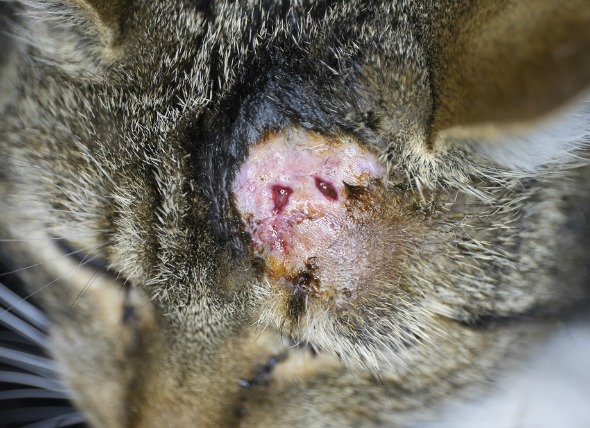 Abscesses in Cats
Cats, like people, are prone to skin irritations.
Abscesses in Cats
Cats, like people, are prone to skin irritations.
Copyright © 2005-2016 Pet Information All Rights Reserved
Contact us: www162date@outlook.com